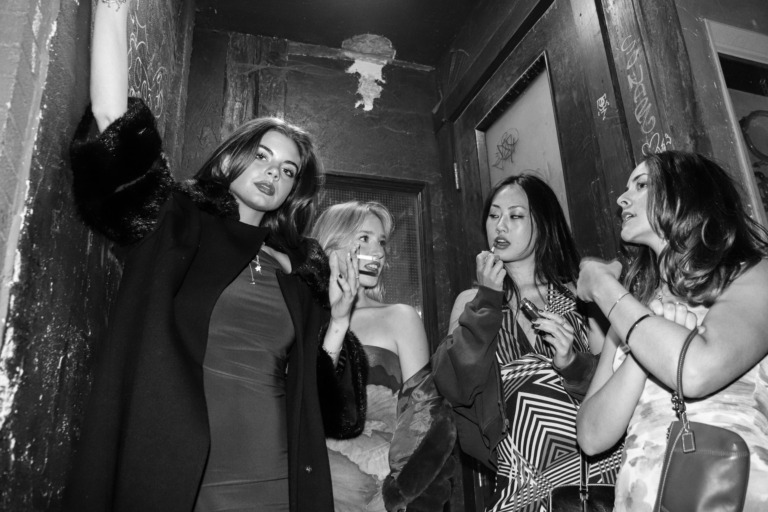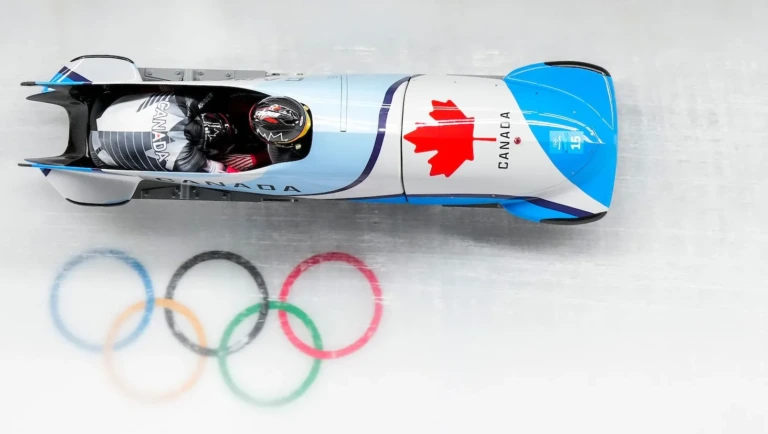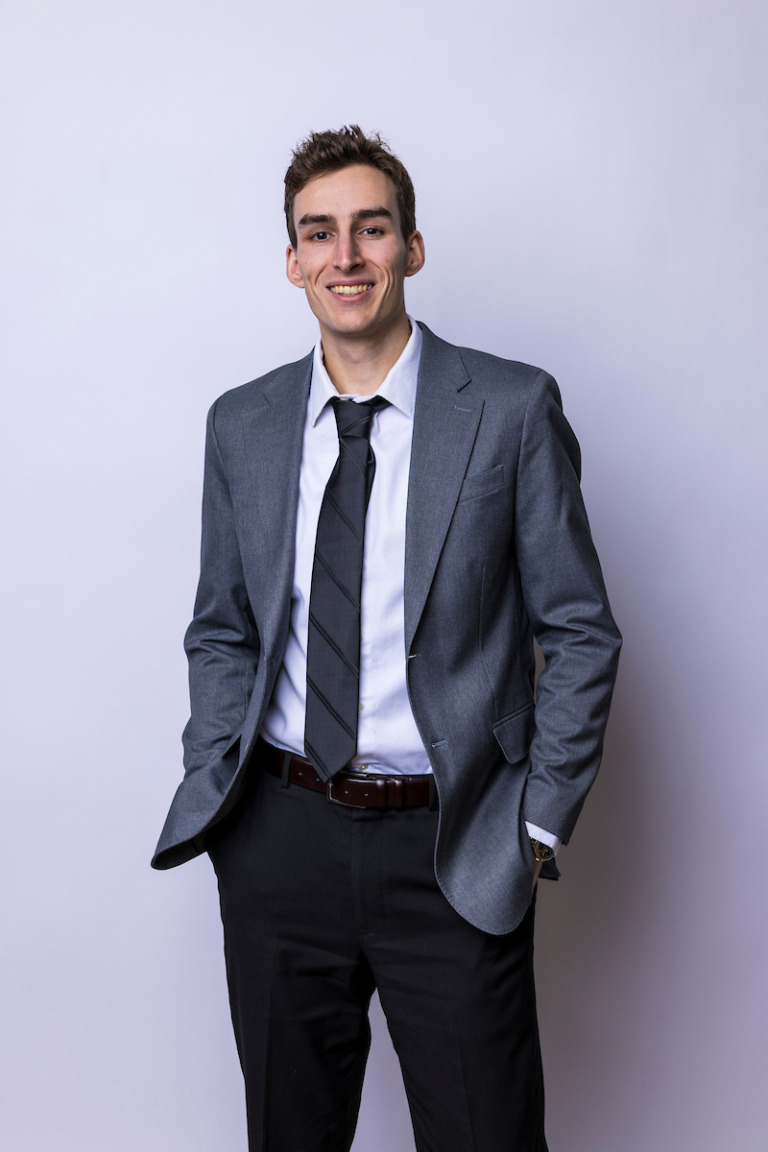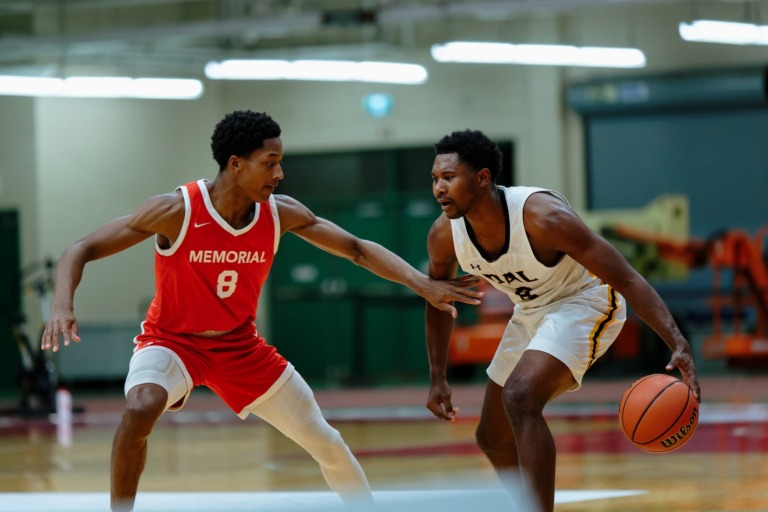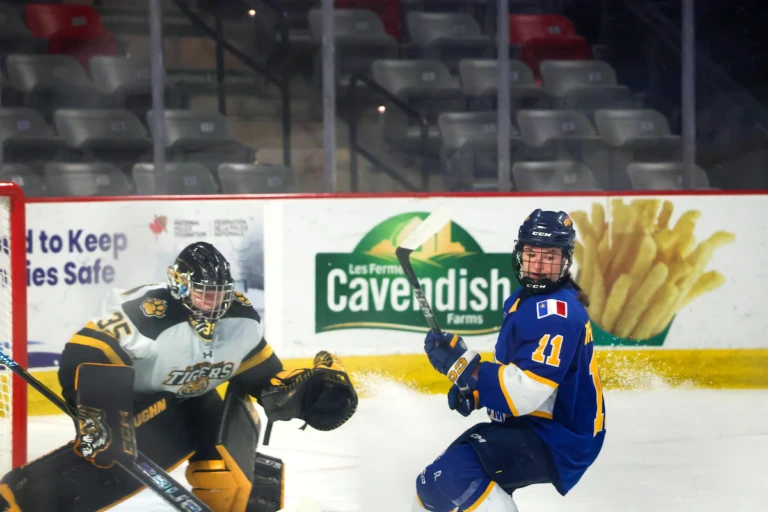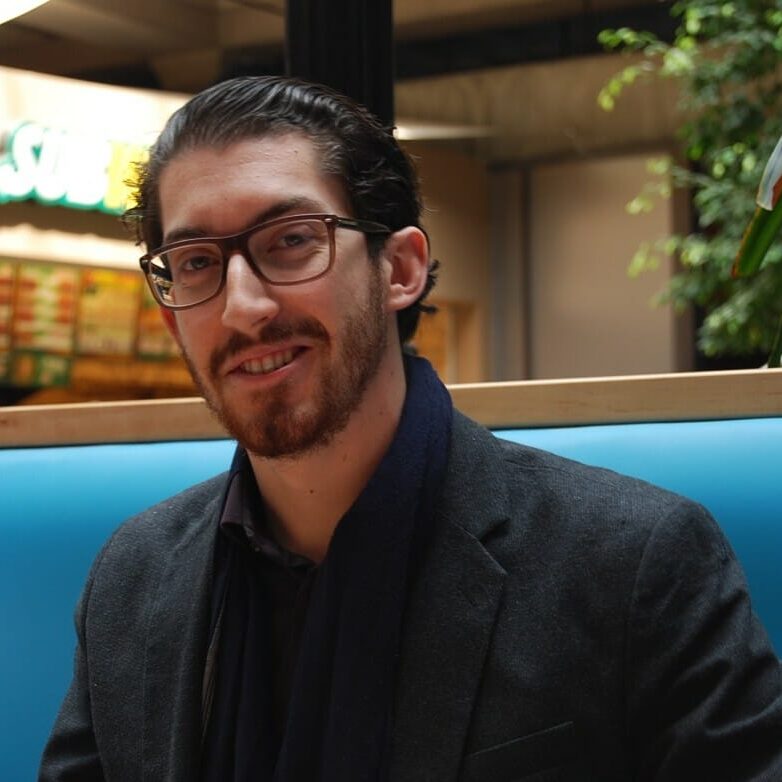
Dalhousie Gazette: What made you decide to run for president?
Dan Nicholson: If I had to narrow it down to one specific thing, I guess it was just my feeling of not personally knowing what the union was up to or what they were doing in terms of student outreach, student programs, I really didn’t know about things that I was able to do. And for me being in my fourth year, that seemed like a problem to me. I hate to lay blame, I don’t think that I can lay blame, because there were a lot of other things that went on, but in my mind it’s a problem if I’ve been here for four years and I still don’t know all the things that are available to me. I still don’t know all the things I’ve been paying for or who to talk to if I want to, say, complain about my courses. I think one of the main things that I wanted to do is really make it a more user-friendly union.
DG: You haven’t been on DSU council before. Do you think that that is an advantage or a disadvantage?
DN: Not formally, no. I think it’s a little bit of both; it creates a very steep learning curve. Every day I’m taking in new information before the formal start date of the position, so it’s just like everything coming in is fresh, is new. In some regards I can see the disadvantages there, I’m going to have to get familiar with all the policy and procedure and whatnot. But, I think it gives me an advantage in that it’s sort of like a fresh eye looking at things. I’m coming in to it trying to reach out to students who are maybe overloaded with school and don’t have time to dedicate to reading policy and procedure or looking into the finer details of what services are available or what have you.
DG: What plans do you have for next year?
DN: I have quite a few plans, and I think they’re going to start right away in the summer. Our executive coming in is very strong, in my opinion, and I think that we can get on the same page about a lot of goals, and that’s going to be our main focus for the next little bit, at least trying to align some of our goals so that we can work as a unit or as a team. You can’t really deny that in the last few years there’s been a bit of a disconnect between the executive, so if we can minimize this disconnect and work together to achieve some common goals I think we could really accomplish some crazy awesome things.
DG: And do you have any specific “crazy awesome things” you want to accomplish?
DN: There’s a lot going on in meetings, and I know that now they cap them at three hours, and if the meeting reaches three hours then that’s it, which I think is a great start because if you’re having meetings every two weeks that are going five hours long then that’s a little crazy. But I think there’s a lot we could do in terms of modelling other unions, and in particular the King’s Student Union. They have this idea where if all councillors have a card that they can raise if they have a question about something that was said. This allows the Chair to explain what they just said, instead of stopping the meeting, addressing the question and having to start right up again. Little implementations like that, cheat sheets or these little question cards, can help with the flow of meetings. Of course I can’t do that on my own, but our executive and our council will definitely work together. The meetings are where a lot of things stem from, but a lot of councillors are going to meetings and getting frustrated at the meetings. How can you expect anybody who has sat through these meetings to make a reasonable decision anymore? If we can implement small changes, not just at the meeting level but small changes all across the board, then that’s where we’re going to see some of the larger things start to change and transform.
DG: What makes you most nervous about this position?
DN: I would say, I’m pretty new to this whole public eye thing, it’s kind of a big step from a D-Level society (the Undergraduate Neuroscience Society) to the executive council of the union, but things that are everyday things for me, like going on Twitter, tweeting my own personal opinions, I think that I’ve definitely taken things like that for granted, where I’m not under the microscope, but I’ve realized even now in the last three weeks, I need to be very careful about what I say or how I word things, there’s a lot of people looking with all different perspectives, and taking that into account is going to be interesting. I plan to take a media sensitivity course or training session.
DG: Dal has seen several incidents over the past few months that have put it into the public spotlight, and have not reflected very positively on the school. If such an incident were to occur in the future, what would your take on it be?
DN: That’s a tough one, because in order to address some of the disparities or the problems that we’re facing, especially in terms of misogyny or systemic sexism, one of the main things that we need to do is speak up and say “Hey, this is happening. I feel like this and other students feel the same.” So, how can we still speak up and still vocalize our concerns without drawing negative attention? I suppose the best thing we can do is try and spin that conversation in a positive way.
DG: How do you think that Dal students connect to the role of DSU president, and is there anything that you would change about that?
DN: I want to have sort of “floating” office hours throughout the week at various local places, whether it’s at the Killam or the SUB or the LSC or anywhere at all, where I’m there for a couple hours with a sign say- ing “Hey, I’m your DSU president, come chat.” Someone joked about it and said, “Yeah, you’d be in the Killam but it’s not like they could just come and ask what kind of sub they should get at Subway,” but if you want to ask me what kind of sub I would get at Subway, I don’t care. That’s one of the things I really want to stress, my approachability. I am open and willing to talk about anything with anyone who wants to come chat, and I think making that known and making my presence known on campus the best I can, whether it’s with a giant neon sign or in any other way.
DG: Is there anything else you would like to add?
DN: I really want to convey that I’m here for the students, to listen to anyone and everyone who wants to chat. I encourage students to make it out to the DSU meetings that we have, I’m hoping to make them more digestible. We talk about some legitimate issues that directly impact students, so that’s a good start. Or at least coming out to the general meetings that we have once or twice a school year is a really good start. Just to kind of gain awareness of some of the big decisions that are being made. That was a big thing not just for me, but for a lot of other students, like “Oh, I didn’t even know this decision was made in council,” or, “Oh, I didn’t even know that could make decisions like that without consulting students.” Approachability and visibility are the two things that are big time for me.

